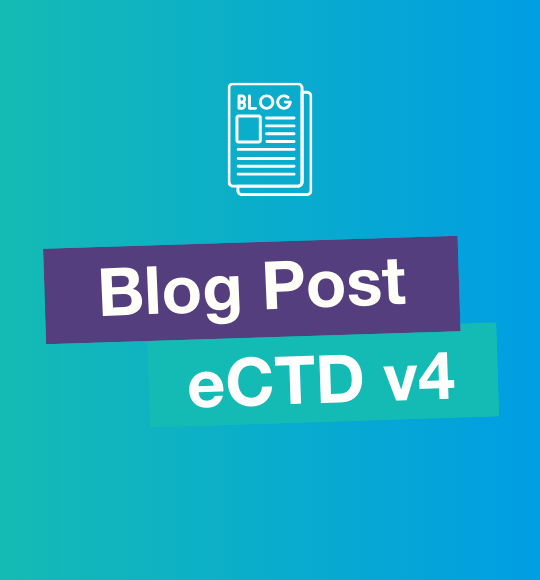Updated pharmacovigilance legislation within the EU will bring about significant changes to the requirements surrounding reporting of suspected adverse reactions and non-serious cases.
To support these changes, the European Medicines Agency (EMA) is launching a new EudraVigilance system with enhanced functionality. In November 2017, the reporting of non-serious cases will become mandatory.
The EudraVigilance system supports the electronic exchange of ICSRs between electronic data interchange (EDI) partners: the EMA, competent national authorities (NCAs), marketing authorization holders (MAHs), and sponsors of clinical trials. The new release of the EudraVigilance system will deliver significant benefits to all stakeholders; these include:
- Better detection of new or changing safety issues, enabling rapid action to protect public health
- Better searchability and more efficient data analysis
- Ability to support an increased number of ICSRs due to the new requirement to report non-serious cases to EudraVigilance
- Marketing authorization holders will no longer have to provide ICSRs to competent national authorities but only to EudraVigilance, thus reducing duplication efforts
- Enhanced collaboration between EMA and WHO
- Accessible online training available to all users at any time, tailored to the different users’ needs (Pharmacovigilance operation, EudraVigilance operation, IT operation)
The impact of the EudraVigilance update on business processes for marketing authorization holders
The main change to marketing authorization holders’ business processes will be that MAHs will no longer provide ICSRs directly to NCAs. MAHs will need to ensure that all reportable ICSRs are submitted to EudraVigilance only. In addition to the 15-day reporting window for serious cases, non-serious cases will also need to be submitted to the EudraVigilance system within 90 days of receipt.
The new requirement to submit non-serious cases will require marketing authorization holders to put a plan in place to ensure that they are able to report directly to EudraVigilance in advance of the move to simplified reporting. Any submissions made by MAHs to NCAs after the move to simplified reporting will result in the MAH not being compliant.
On the sensible assumption that the number of non-serious cases received is generally higher than serious cases, MAHs using EVWEB will need to plan an increase in the resources required for the manual data entry of non-serious EEA cases into EudraVigilance.
The new reporting requirements will trigger some additional changes for companies, including:
- Revising the case handling process and reporting timeline, both internally and externally
- Revision of existing SOPs
- Training of personnel
How to streamline the submission process and remain compliant with SafetyEasy
With the new reporting requirements, organizations will need to prepare and submit reports on their non-serious cases. With an expected increase in the number of cases being submitted, this new requirement poses a major challenge for companies – how will they handle the additional workload?
At EXTEDO, we work closely with the life sciences industry and regulatory authorities worldwide. Our SafetyEasy solution was born of the need to streamline pharmacovigilance management processes.
If your business is affected by the new pharmacovigilance and EudraVigilance changes and you would like advice or tools to support your continued compliance, then get in touch with us now.

.png)


.png)